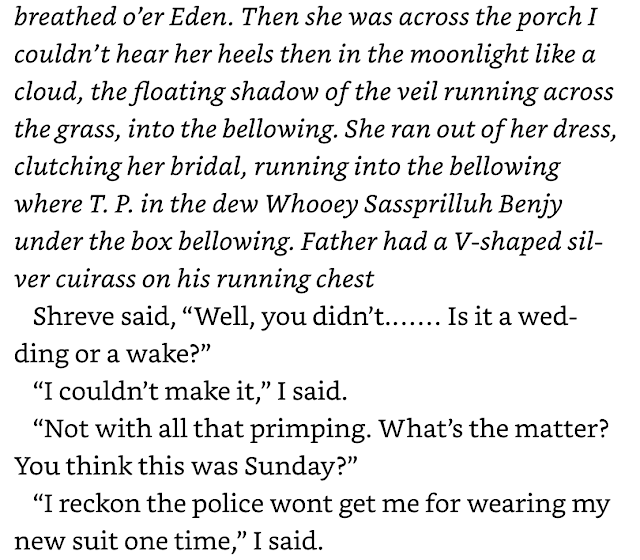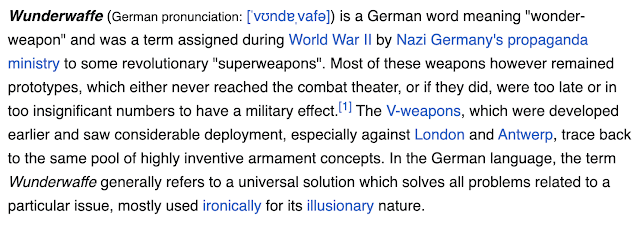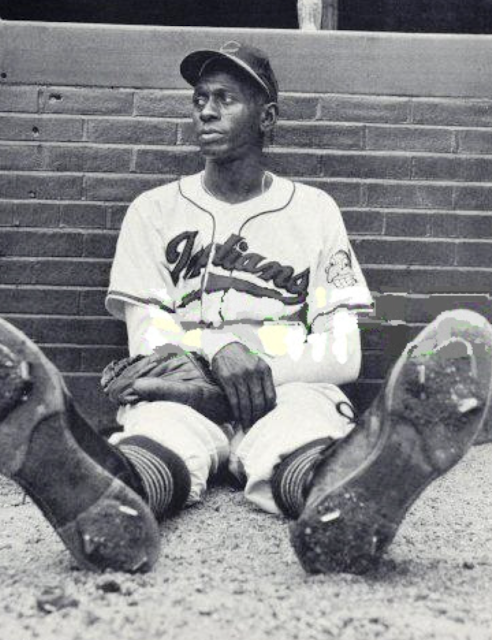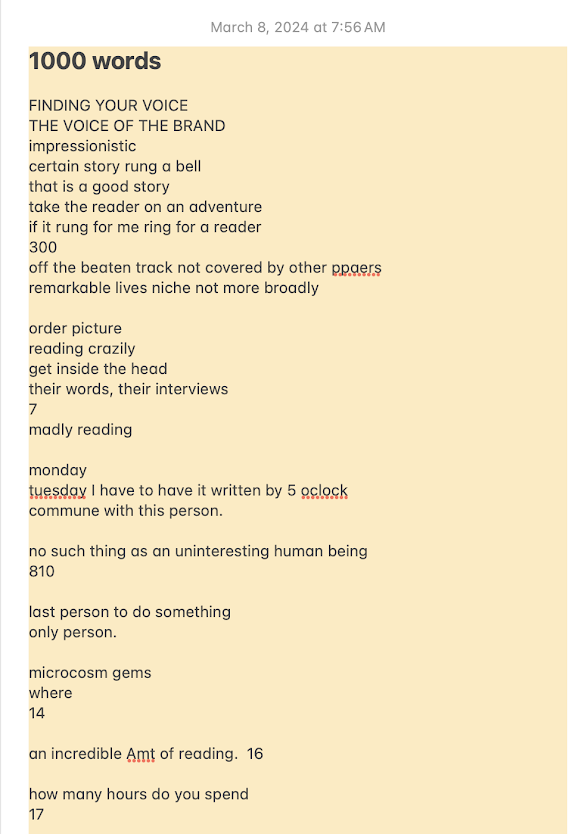I got yelled at a lot a couple of weeks back.
Getting yelled at is not that usual for me these days--since I've gone to work for myself, the nattering nabobisms have decreased to almost nothing. Working in an agency, yelling--real or imagined--happens frequently. There are the all cap emails about late timesheets. The demands to be quiet because there's a client being pitched in conference room C. Or you expensed a black car home after working to midnight for eleven days straight.
You get yelled at in an agency anytime you act like a human with human needs. Remember, you're a resource, or an FTE, or an asset, or a cost-center, or a billable hour. Don't go all human on them. The MBAs (mindless bipedal asswipes) don't like that.
Those days are over for me now, but a short time ago, I got yelled at twice.
First by my therapist, Owen, of every Thursday morning at 7:45 for 40 years.
Yes, 40 years.
I like to say I'm on a postage stamp in Austria.
Freud. Jung. Adler. Me.
Owen yelled at me for sticking to a plan I should have broken. He yelled at me for denying myself a bit more joy from my one-day sojourn into the city, and instead, committing to return to the Gingham Coast because I had typing to do for a client and my word is my bond in a way no one else's word has ever been his bond, even god and Moses and Owen himself.
You're making excuses, he excoriated.
And I temporized.
And he repeated.
And he was right.
And I was temporizing.
Second, I got yelled at by myself. For almost the exact opposite reason.
I went into the weekend assailed by ideas I had to have, writing I had to do, and worst, the re-writing demanded of me, by clients who wanted re-writing not to make the work somehow better but because they felt deserved it.
It's like getting your tires filled to 32 psi and then yelling at the kid to fill them to 32 psi. It's just a show of meanness and power. The same thing, really.
I used to be friendly with a couple who would never stay at the first table they were seated at. They always found something wrong with it and preferred a different place to have dinner. A lot of clients are like that. They want changes as if my responded to their ill-direction was some sort of floor-show.
Why did I want to keep these clients?
Neither was paying me well. They were clients leaning instead on puppy-dog eyes and playing to my need to be needed, they made me feel needed.
I'll do almost anything for anyone if they make me feel needed. Especially if they're nice to me because they needed me. The problem with causality is usually that I take it more causally than anyone.
Be casual about the causal. My new motto.
So I had work to do going into the weekend. And I didn't want to do it.
I didn't want to let, as I so often do, obligation win out over being decent to meself. I wanted some time to recuperate. From the long week. From a world that is too much with me, and work that is too much too much with me.
I yelled at myself.
George, I harridan'd. You will not work on these twin miasmas over the weekend. You will snip the obligations off your head like Frédéric Fekkai trimming Medusa of hissing reptiles.
I resisted all weekend the needs crowding in on me. I said no. I fairly yelled at my new Mac with the Power97 Max Chip set. Every time I walked by its perch in my Connecticut living room, I looked at it like a boss I was fighting with, or a client, or a friend I had grown to hate with ferocity increasing every day.
So, my weekend was like a sleepless night. I tossed and turned. I had in Macbeth's words, "Full of scorpions is my mind." Scorpions is my mind. I wouldn't wish that on anyone. Even myself when I hate myself.
I yelled at myself for thinking of just getting it done.
Then I woke early on Monday--earlier than you, even if you're reading this in Greenwich Mean Time. And I gave myself a mean time.
I had reckoned the hangingness over my head, that which I was yelling at myself not to do, would take me 15 hours of actual doing. I sent appropriate notes with timings to clients. And then.
And then I did the first. Then the second. I took a walk and took the third in hand.
All done in just four hours.
Then for good measure, I yelled at myself again.
I yelled for the torture.
Then yelled when the torture stopped.
That's work sometimes.
A tale told by an idiot, signifying nothing.


























